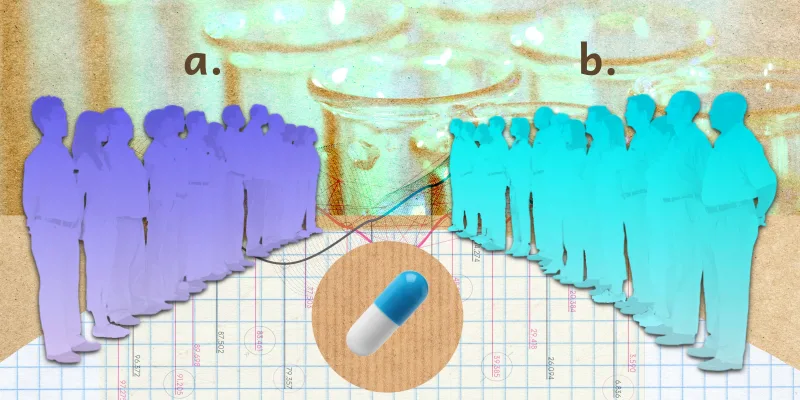An interview with Bennet Omalu, M.D., M.B.A., MPH, CPE, DABP-AP, CP, FP, NP
Music by Expwy
A transcript of the Video is below.
Just going by science alone, I had no reason to discover CTE in Mike Webster's brain, just going by science, because, one, going by science, I had no reason to do his autopsy. We knew why he died. He had a massive heart attack. But I still did his autopsy.
When I opened up his skull, I was expecting to see a mangled, shriveled brain. I saw a normal brain. And people have asked me, OK, if you saw a normal brain, why did you fix it? I don't know. But I think, at that point, that was a confluence of science and faith.
So when I met Mike Webster, I said to Mike Webster's spirit, like I always do for every patient of mine, I introduced myself. I say, hey, I've read about you. People are saying bad things about you. I think there's something wrong.
You played this game where people intentionally slammed their heads into one another for 17 years. I think you've suffered brain damage. I don't know. But Mike, guide me. I can't do this by myself. Guide me to the truth. Lead me to the truth.
After I saw Mike Webster's case, I began traveling. After work, I was a fellow. So the weekends I wasn't on call, after work on Friday, I would fly the red-eye, get to wherever, rent a car, and go to meet the families of these football players.
And I began to discover that these individuals were wonderful people. But as time went by, they began to manifest changes in personalities, all types of psychological issues. That was when I began to suspect that you could suffer mild traumatic brain injury. And as time goes on, it begins to manifest as depression. Now papers have confirmed that.
So what I understand now, there may be two types of psychological ailments. One, you could see that in PTSD, one that is purely psychological, a neurotransmitter imbalance because of psychological traumas. And one that is due to organic brain disease, brain damage. And we need to be able to distinguish one from the other, because it makes such a difference, especially in the military. And that is where FDDNP, if we become successful, would become very useful.
A paper of ours is coming out very soon. Using FDDNP will identify the blast-variant of CTE military personnel suffer from. So in the military, for example, there are some who have PTSD. And there are some who have CTE manifesting as PTSD. So if you do a scan and separate the two, those with purely psychological ailments can be treated with psychotherapy, with drugs.
But those with CTE and the traumatic encephalopathy syndromes should have a different modality of treatment where you target the brain damage, because until you resolve the brain damage, their symptoms will persist. And that is why in CTE patients, no matter how much of a drug you give them, they don't recover. They don't respond to treatment.





